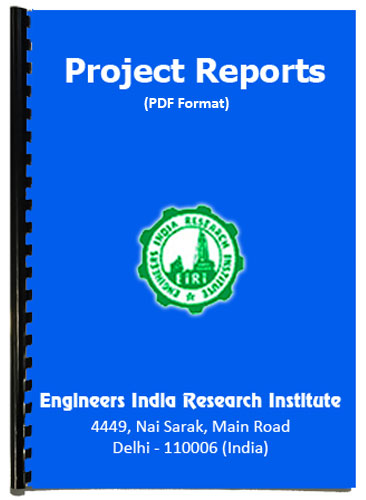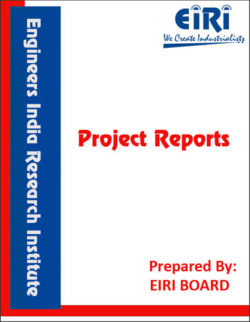READY MIX MORTAR
The project report includes Present Market Position and Expected Future Demand, Market Size, Statistics, Trends, SWOT Analysis and Forecasts. Report provides a comprehensive analysis from industry covering detailed reporting and evaluates the position of the industry by providing insights to the SWOT analysis of the industry.
We can prepare PROJECT REPORT as per your INVESTMENT PLAN for BANK LOAN REQUIREMENT and INDUSTRY ANALYSIS. All reports are prepared by highly qualified consultants and verified by a panel of experts.
Have Query? Click Here to Chat
Industry Expert is Online, Chat with him for more detail.

Dry Mortar Mix is gaining eminence in modern times owing to its versatile superiority in regard to characteristics over the conventional in-situ mortars viz. better performance easy to uses easy to set and the quality of leaving no crakes and voiles. Besides it has preferably better and wider field of application as patching & repairing materials for plasting purposes and other construction works viz. internal/external plastering masonry work etc. It is a very good substitute for conventional in-situ mortars.
Various types of Ready mix dry mortar comprise internal plaster mortar, external plaster mortar masonry mortar, quick setting mortar high strength mortar repair mortar self leaving flooring mortar pre-mix RCC mortar etc.
One specific advantage regarding manufacture of these ready mix dry mortar is that they can be manufactured in a single unit by variation in composition proportions as per different formulations
Ready mix dry mortar is particularly useful on congested siles or in road construction where little space for the mixing plant and for extensive aggregate stockpile is available but the greatest single advantage of ready mix dry mortar is that it may be made under better conditions of control than are normally possible on any large construction sites.
MORTARS
These consist of finely ground refractory grain and plasticizers that can be thinly spread on brick during construction.
For air – setting mortars sodium silicates or phosphates provide strength at room temperature. Heat setting mortars contain no additives and develop strength only when a ceramic bond is formed at high temperatures.
AIR – SETTING MORTAR
A refractory composition containing chemical agents that sure hardening at temperatures below that of ceramic bonding but above room temperature sometimes called “air hardening”.
HOT-SETTING BONDING MORTAR
A refractory mortar material which requires relatively high temperature from the development of a bond.
MASONRY CEMENTS
Masonry cements are cements for use in mortars for masonry construction. They are formulated to yield easily workable mortars and contain special additives that reduce the loss of water from the mortar to the pours masonry units.



